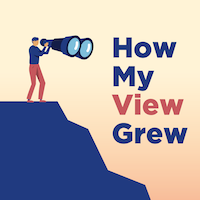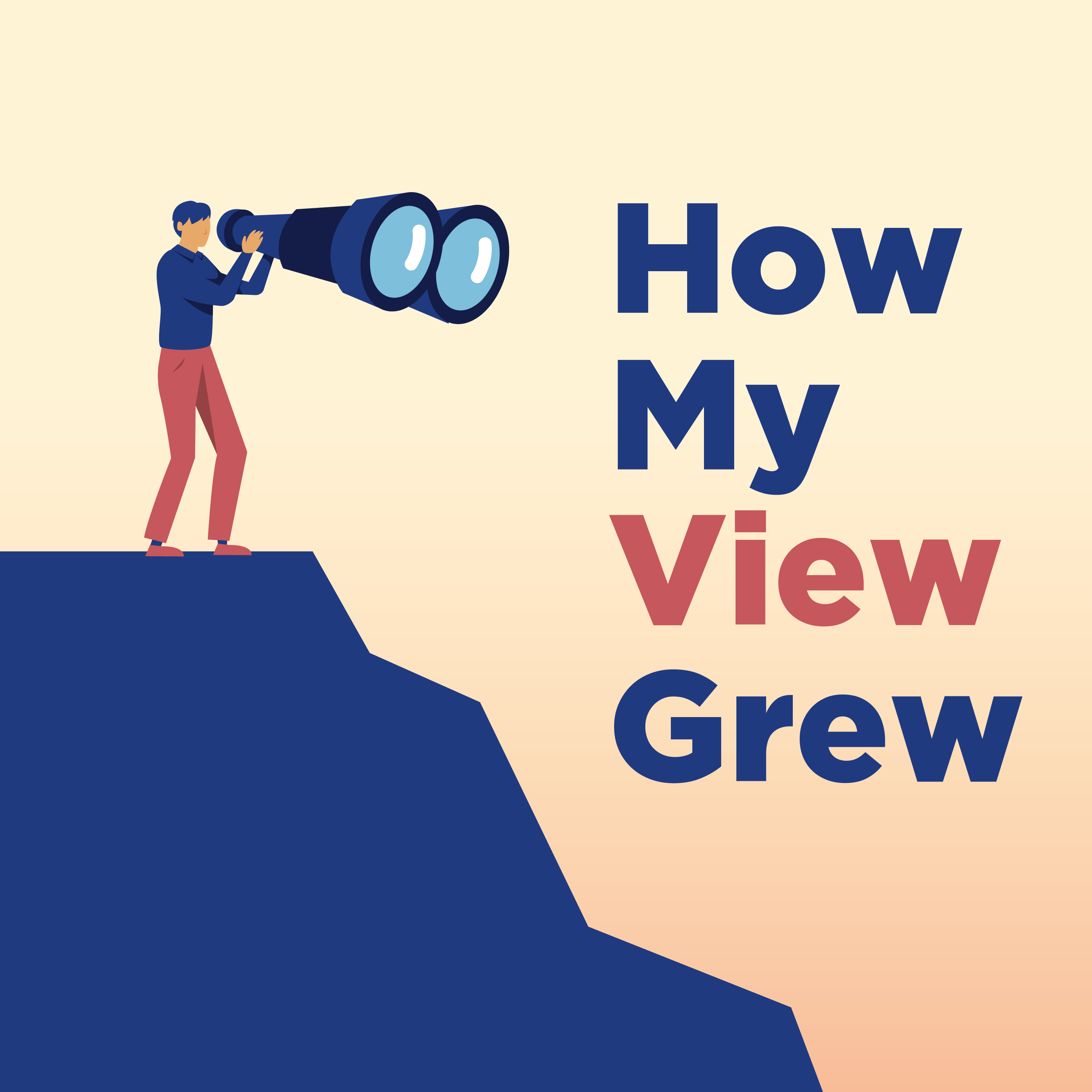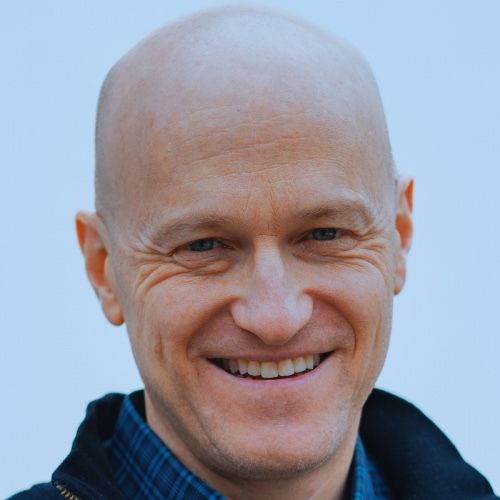Kim Stanley Robinson: How can humans reverse climate change?
Kim Stanley ("Stan") Robinson is one of the world's most acclaimed and popular science fiction novelists, first famous for his Mars Trilogy. For the past two decades, Stan has been telling vivid stories in which climate change is catastrophic yet people invent ways of reversing it. What he imagines is so bold it takes your breath away, then fills you with hope and resolve that you didn't know existed within you.
In his Science in the Capital trilogy, a Washington DC thriller, National Zoo animals roam the capital after a massive flood. The Gulf Stream shuts down. Then a tiny U.S. government agency with bold leadership funds massive global climate projects. That plus the election of an inspiring everyman new President saves the day.
Two decades later, Ministry for the Future tells a very different heroic tale. Here the protagonist is a new international agency based in Zurich led by an Irishwoman. After a massive heat wave in Indian kills millions, she gets kidnapped by one of its survivors and eventually answers her captor's challenge to do more. She persuades central bankers to back a "carbon coin" that changes the rules of the economic game. Companies now earn money by keeping oil in the ground, slowing Antarctica's melting, and investing in other projects on a scale commensurate with the climate catastrophe.
What led Robinson to dramatically rethink his bold ideas for reversing climate change? What can we learn from this about climate economics and the financial rules in capitalism? How might this learning shift us into more constructive moods as we face seemingly insurmountable challenges?
Join me in exploring these questions in this new episode of How My View Grew.
**Key takeaways**
- 4:00 A DC thriller: the Gulf Stream slows down. Washington floods. Science and government save the day
- 12:00 Stan gets criticized about economics and responds by reading more deeply. The virtues and limits of nationalizing banks.
- 18:00 A new view of money and lessons from the 2008 financial crisis
- 23:00 Paying companies to green the planet, changing the economic game
- 28:45 Stop asking "Is it to late?" Focus instead on better versus worse
- 33:30 Telling good stories that our culture ignores
- 35:00 Stan's message to the Left: get over it
- 40:00 Amiel's reflections
**Resources**
- A reference site for Kim Stanley Robinson
- Amiel's essay, "Beyond the false choice between despair and hope"
**Subscribe to the podcast**
To hear the origin stories of more big ideas, subscribe to How My View Grew on Apple Podcasts, Spotify or wherever you listen to podcasts.
**Share the love**
Leave me a rating or review on Apple Podcasts, Spotify or wherever you listen to podcasts.


